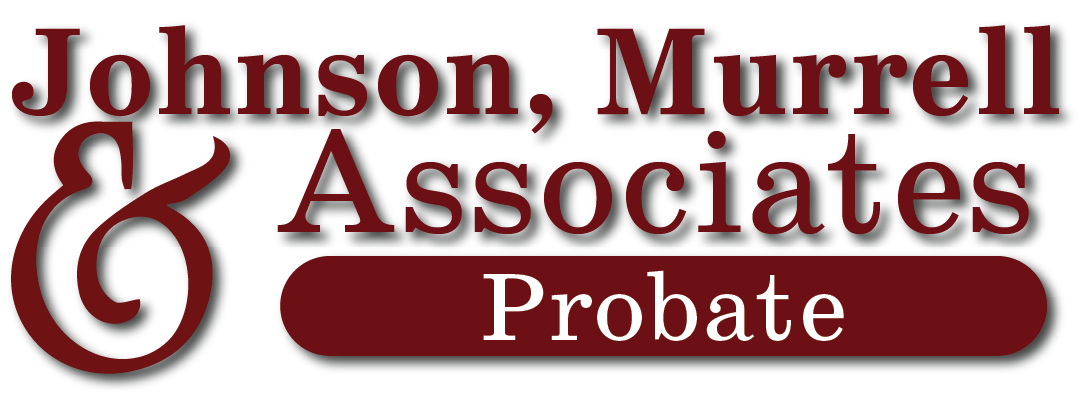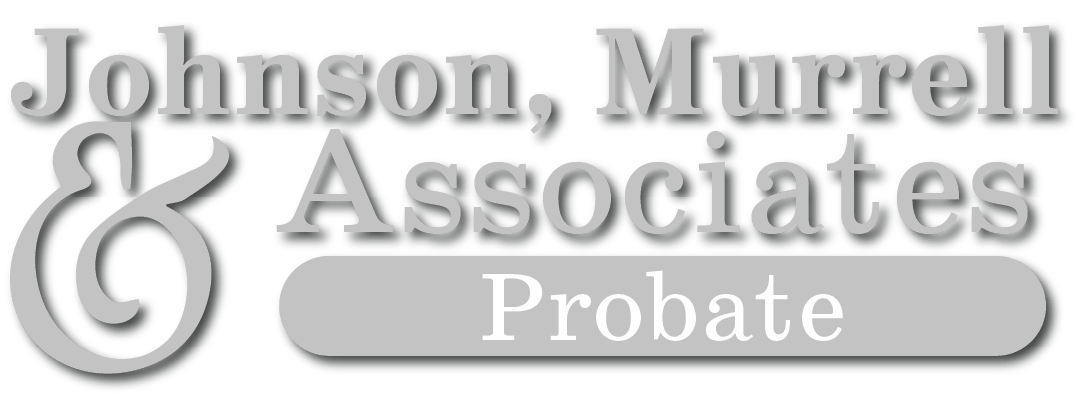When it comes to the probate process, you’ll hear a lot of legal jargon. Terms like executor, personal representative, estate beneficiaries, and heirs often come up, and it can be confusing to know the difference.
An estate is everything of value that a person owns, ranging from real property and bank accounts down to family heirlooms. The parties to an estate are the people involved in the distribution of those assets after the owner has passed away.
Who Shares in an Estate?
The parties to an estate are the individuals involved in the probate process. Each party has a different role, although some roles overlap.
Parties to an estate include:
- Creditors
- Beneficiaries
- Heirs-at-Law
- Fiduciaries
Creditors
A creditor is a person or entity who is owed money. They receive funds from the deceased’s estate to pay out outstanding bills or debts. For example, if the creditor had an unpaid utility bill, the utility company would be a creditor.
It’s part of the executor’s responsibilities to notify any known creditors, and the probate clerk’s office will put a notice of death in the newspaper to alert any unknown creditors of a person’s passing. In Tennessee, creditors are able to make formal claims within one year of the person’s death. Generally speaking and assuming the executor has followed all legal requirements for notification, if a creditor comes forward after one year, the estate is not responsible for paying the debt.
Beneficiaries
Beneficiaries are the people listed within the will who will receive property or other assets from an estate. Beneficiaries can include anyone—family, friends, or even charitable organizations.
It’s important to note that beneficiaries receive their inheritance after all debts have been settled. For example, if a parent leaves one million dollars to each of their children but the estate does not actually contain that much money after debts and taxes are paid, the children will receive a portion of what’s left over.
Heirs-at-Law
Heirs-at-law, or simply heirs, are the people who have a right to inherit assets if no will is present. Usually, the heirs are the spouse or direct descendants of the deceased. The order of succession is determined by intestate law. In Tennessee, the succession order is:
- Spouse, if there are no children
- Spouse and children, if there are children
- Parents
- Siblings
Fiduciaries
Fiduciaries are individuals who act on behalf of another member of the estate, typically in a legal capacity. An executor could be considered a fiduciary, as its simplest definition is a person or organization acting on behalf of another person. Fiduciaries have a broader variety of responsibilities, while the executor of the will can only act on the terms of the will.
Fiduciaries may have some responsibility and decision-making authority in the probate process even if they are not directly named as beneficiaries in the will.
What Are the Major Responsibilities of an Executor of an Estate?
The executor of the estate is appointed in a person’s will. They are responsible for carrying out the terms of the will and ensuring your affairs are in order after your passing. In other words, the executor pays bills and taxes, settles debts with creditors, and distributes the assets to the beneficiaries.

If you’re appointed as an executor, you’re not required to accept the position. The will often names a backup executor, and, if they decline, the matter goes to probate court, where the court will appoint someone as executor.
The role can feel all-encompassing, but it becomes much more manageable with professional assistance. A probate attorney will save you time and money. You can even use funds from the estate to pay for a professional.
Learn what the full probate process entails.
What’s the Difference Between an Executor and Power of Attorney?
Power of attorney gives legal authority to a person to act on someone else’s behalf within bounds. Power of attorney is used in financial or health situations and only goes into effect when the principal:
- Can’t be present for a financial transaction.
- Becomes sick or disabled.
The power of attorney is often enacted because a person is mentally or physically incapacitated. Essentially, a power of attorney is a legal document that gives authority to a person to act on behalf of the principal during their lifetime should the need arise.
An executor only has the power to act after you’ve passed. The power of attorney has no authority once you die and the executor has no authority until you’ve died. Both handle financial matters on behalf of someone else, but that’s where the similarities end.
Work with an Experienced Probate Attorney
Each party in an estate has a role to play. If you’re wondering how a fiduciary or probate lawyer changes the responsibility of the executor, beneficiary, or heir, Johnson, Murrell, & Associates can answer all of your questions. We have decades of experience to help guide you through your role and take the burden from you.
Do you have questions about your role in the probate process? Contact us today to discuss your role and how we can help!
At Johnson, Murrell, & Associates, we understand that handling a loved one’s estate and bills after their passing is an emotional, stressful experience. Our job is to make your life easier, which means guiding you through the probate process so you understand what’s to come. To schedule a consultation, call us at 865-453-1091 or schedule an appointment.



